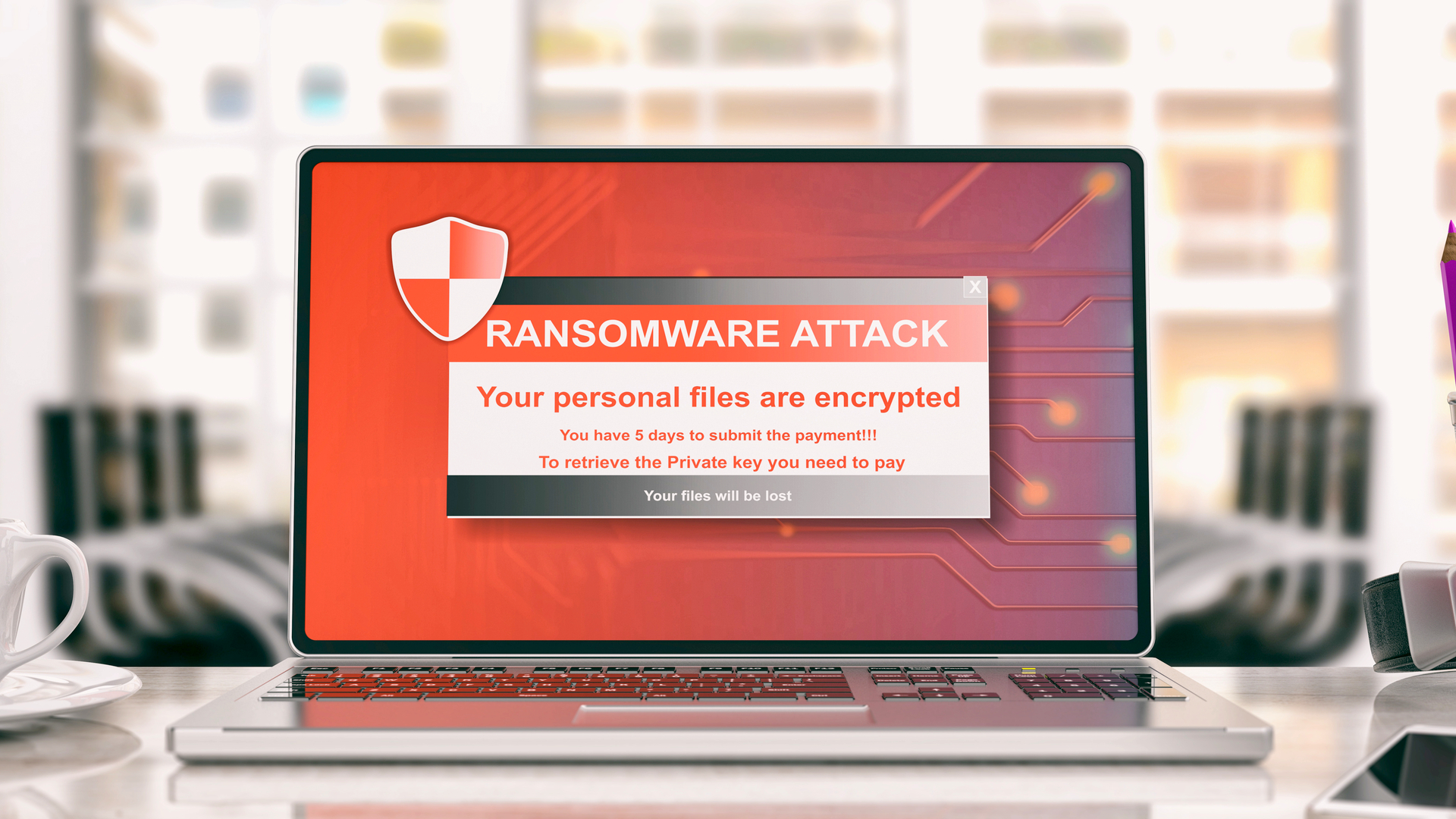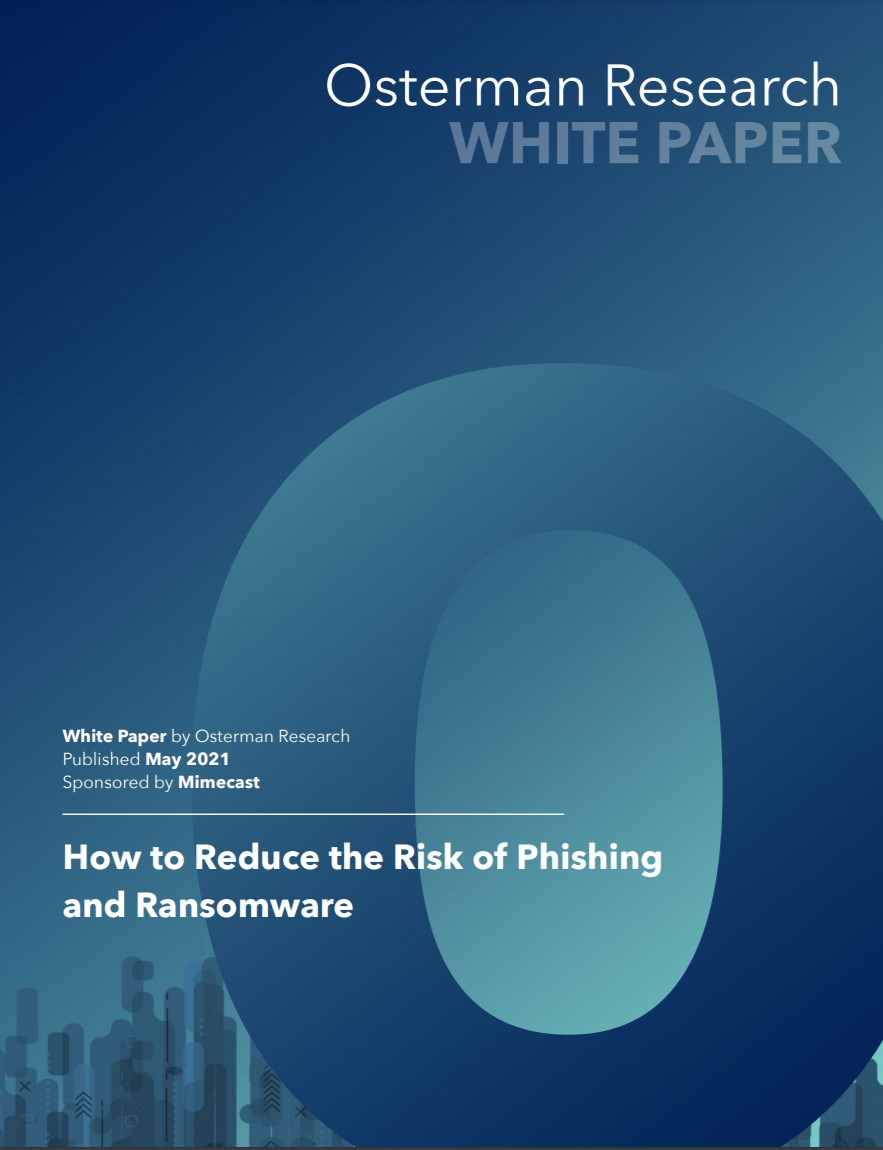New ransomware group is attacking US firms and educational establishments
Mespinoza hacking gang hits organizations with ransom demands as high as $1.6 million


Sign up today and you will receive a free copy of our Future Focus 2025 report - the leading guidance on AI, cybersecurity and other IT challenges as per 700+ senior executives
You are now subscribed
Your newsletter sign-up was successful
Security researchers have discovered a new ransomware group attacking US publishing, real estate, industrial manufacturing, and education organizations.
Dubbed Mespinoza, researchers at Unit 42, the cyber security consulting and threat intelligence team at Palo Alto Networks, said the gang’s website claimed to have 187 victims in various industries worldwide.
The victims are scattered across more than 20 countries, including the UK, Ireland, Spain, France, Germany, South Africa, Australia, US, Canada, and Brazil. The most targeted country was the US, according to a Mespinoza leak site, which reported 55% of victims were US organizations.
According to researchers‘ new report, the gang has hit victims with ransom demands as high as $1.6 million and received payments as high as $470,000.
The report detailed how the group operates. Researchers said the Mespinoza is highly disciplined. After accessing a new network, the group studies compromised systems in what we believe is triage to determine if there is enough valuable data to justify launching a full-scale attack.
“They look for keywords including clandestine, fraud, social security numbers, driver’s license, passport and I-9. That suggests they are hunting for sensitive files that would have the most impact if leaked,” researchers said.
RELATED RESOURCE

How to reduce the risk of phishing and ransomware
Top security concerns and tips for mitigation
The ransomware gang also refers to victims as “partners.” That term suggests “they try to run the group as a professional enterprise and see victims as business partners who fund their profits,” said researchers.
Sign up today and you will receive a free copy of our Future Focus 2025 report - the leading guidance on AI, cybersecurity and other IT challenges as per 700+ senior executives
Mespinoza also uses a tool that creates network tunnels to siphon off data called “MagicSocks.” A component stored on their staging server and likely used to wrap up an attack is named “HappyEnd.bat.”
According to the researchers, in a recent incident, threat actors deployed the Mespinoza (also known as Pysa) ransomware by accessing a system via remote desktop and running a series of batch scripts that used the PsExec tool to copy and execute the ransomware on other systems on the network.
“Before deploying the ransomware to other systems, the actor runs PowerShell scripts on the other systems on the network to exfiltrate files of interest and to maximize the impact of the ransomware,” said researchers.
These attacks highlight current trends among multiple ransomware threat actors.
“As with other ransomware attacks, Mespinoza originates through the proverbial front door -- internet-facing RDP servers -- mitigating the need to craft phishing emails, perform social engineering, leverage software vulnerabilities or other more time-consuming and costly activities,” said researchers.
Researchers added that the gang further reduces costs by using numerous free open source tools. They will also use built-in tools that enable actors to live off the land, benefitting bottom-line expenses and profits.
Rene Millman is a freelance writer and broadcaster who covers cybersecurity, AI, IoT, and the cloud. He also works as a contributing analyst at GigaOm and has previously worked as an analyst for Gartner covering the infrastructure market. He has made numerous television appearances to give his views and expertise on technology trends and companies that affect and shape our lives. You can follow Rene Millman on Twitter.
-
 Mistral CEO Arthur Mensch thinks 50% of SaaS solutions could be supplanted by AI
Mistral CEO Arthur Mensch thinks 50% of SaaS solutions could be supplanted by AINews Mensch’s comments come amidst rising concerns about the impact of AI on traditional software
-
 Westcon-Comstor and UiPath forge closer ties in EU growth drive
Westcon-Comstor and UiPath forge closer ties in EU growth driveNews The duo have announced a new pan-European distribution deal to drive services-led AI automation growth
-
 Ransomware gangs are using employee monitoring software as a springboard for cyber attacks
Ransomware gangs are using employee monitoring software as a springboard for cyber attacksNews Two attempted attacks aimed to exploit Net Monitor for Employees Professional and SimpleHelp
-
 Ransomware gangs are sharing virtual machines to wage cyber attacks on the cheap – but it could be their undoing
Ransomware gangs are sharing virtual machines to wage cyber attacks on the cheap – but it could be their undoingNews Thousands of attacker servers all had the same autogenerated Windows hostnames, according to Sophos
-
 Google issues warning over ShinyHunters-branded vishing campaigns
Google issues warning over ShinyHunters-branded vishing campaignsNews Related groups are stealing data through voice phishing and fake credential harvesting websites
-
 The FBI has seized the RAMP hacking forum, but will the takedown stick? History tells us otherwise
The FBI has seized the RAMP hacking forum, but will the takedown stick? History tells us otherwiseNews Billing itself as the “only place ransomware allowed", RAMP catered mainly for Russian-speaking cyber criminals
-
 Everything we know so far about the Nike data breach
Everything we know so far about the Nike data breachNews Hackers behind the WorldLeaks ransomware group claim to have accessed sensitive corporate data
-
 There’s a dangerous new ransomware variant on the block – and cyber experts warn it’s flying under the radar
There’s a dangerous new ransomware variant on the block – and cyber experts warn it’s flying under the radarNews The new DeadLock ransomware family is taking off in the wild, researchers warn
-
 Hacker offering US engineering firm data online after alleged breach
Hacker offering US engineering firm data online after alleged breachNews Data relating to Tampa Electric Company, Duke Energy Florida, and American Electric Power was allegedly stolen
-
 Cybersecurity experts face 20 years in prison following ransomware campaign
Cybersecurity experts face 20 years in prison following ransomware campaignTwo men used their tech expertise to carry out ALPHV BlackCat ransomware attacks
